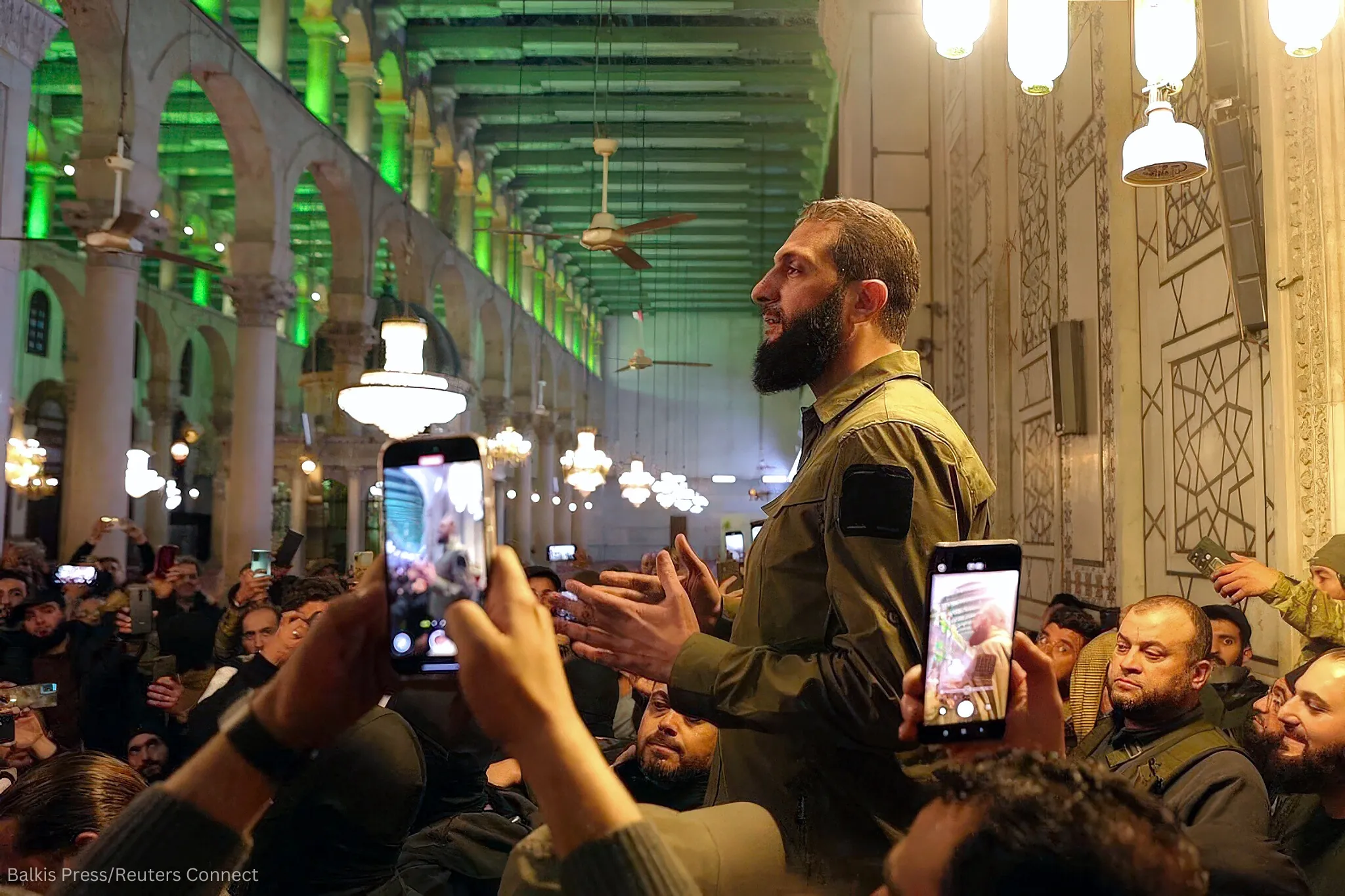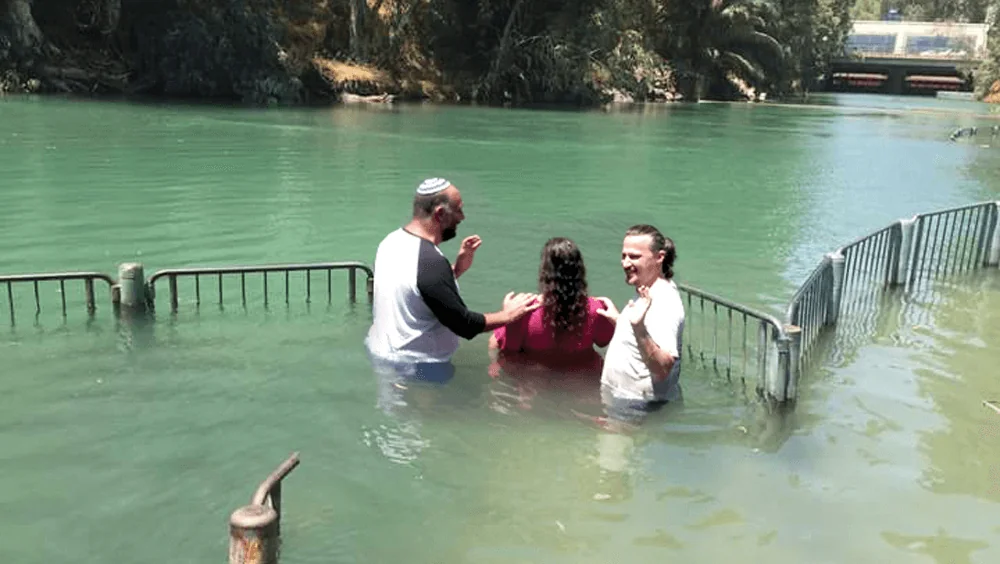
A few months ago, my good friend Ido, who is a new believer at our congregation, had to give a speech in the framework of a course he was taking. During his speech, he decided to share about the process of deliverance he had experienced at Tiferet Yeshua. Even though he did not mention the name of Yeshua, it was clear that there would be people from the audience who would ask him for more details at the end of his speech.
Noa, who was visibly Orthodox, approached Ido after his lecture and began asking him questions about the congregation and what he meant by “deliverance.” Ido joyfully told her about his faith in Yeshua and invited her to come to the congregation.
Noa came and loved learning about Yeshua. She loved the praise and worship—it is so different than the repetitive liturgical singing in the synagogue where every aspect of the service is dictated by a strict traditional format. Slowly, Noa began to understand that faith in Yeshua was not a “foreign import” but rather a faith that is firmly rooted in Judaism, that all of the first believers were Jews and our faith is based on the Hebrew Scriptures and the New Testament—a book also written by Jews.
Noa began a discipleship course I lead which delves into the fundamentals of faith in Yeshua, such as Yeshua’s sacrifice, repentance, messianic prophecies in the Hebrew Scriptures, the importance of studying the Word of God, and, finally, the importance of water immersion.
Interestingly, Ido joined some of the lessons and even took part in discipling Noa. Although he is a relatively new believer, it is clear that Ido has a gift for evangelism and discipleship. For me, it was a very special experience to see a man, who just recently became a disciple himself, lead someone to faith in Yeshua and begin discipling them. It is important to understand that for religious Jews, praying means reciting prayers written in the prayer book called the Siddur. In Orthodox Judaism, prayer is central and important, but there is no such thing as simply talking and communing with God through prayer. Every prayer in Orthodox Judaism is written out in a pre-prescribed format, determining when and what one should pray throughout the day.
Religious girls are exempt from some of the mandatory prayers that observant men must pray throughout the day. However, every morning when Noa woke up she would recite the prayer “Modeh Ani,” a prayer thanking God for waking up in peace. After each meal Noa would pray “Tfilat Mezuman” thanking God for food. There are many more prescribed, mandatory prayers in Judaism, some of which are profoundly beautiful, but none of which come from a personal, spontaneous heart-cry to God.
At Tiferet Yeshua, Noa was exposed to a different type of prayer, one which she had never experienced before, having only ever read prescribed prayers from the page. Noa loved how we prayed in the congregation, but she did not succeed at first in praying spontaneously. However all that changed during one of our services; towards the end of the sermon that day. The entire congregation divided into small groups in order to pray about a number of topics—and also to pray for one other. Noa was in one of the groups and really enjoyed hearing the spontaneous, personal prayers that people in her group prayed. When her turn came, she simply opened her mouth and, for the first time in her life, began to pray directly from a heart overflowing with love. She was overjoyed that God had given her the ability to pray a personal prayer from her heart!
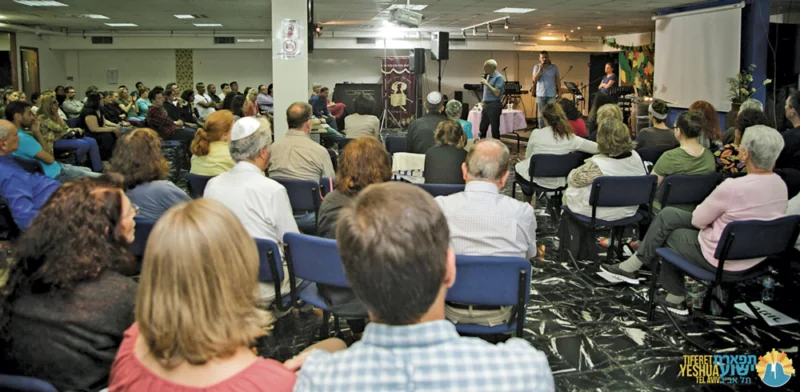
Praise God! One more Israeli knows how to petition heaven!
Last week we went to the Jordan River near Tiberias where Noa would be immersed in water. She was so excited about this special day. Ido came with us along with two cars full of witnesses. It was important that Ido immerse Noa with me because he was the one who led her to Yeshua. We explained to Noa that at the time of immersion we identify with the death of Yeshua, signifying the death of the old man, with all his lusts and sinful desires. And as soon as we come out of the water we identify with the resurrection of Yeshua from the dead (Romans 6: 6) and begin to live, by the power of the Holy Spirit, a new life (Romans 6:4).
Noa proclaimed that she was dedicating her life to the Messiah of Israel, Yeshua. She thanked God for her new salvation and went into the water. It was a powerful and holy moment, and there was really a strong presence of the Holy Spirit at the time of her immersion. God filled us with joy which was a sign to us of how happy He was that this “daughter of Zion” had made a decision to follow His ways. We sang and prayed together and returned all the way to Tel Aviv with great joy and peace in our hearts.
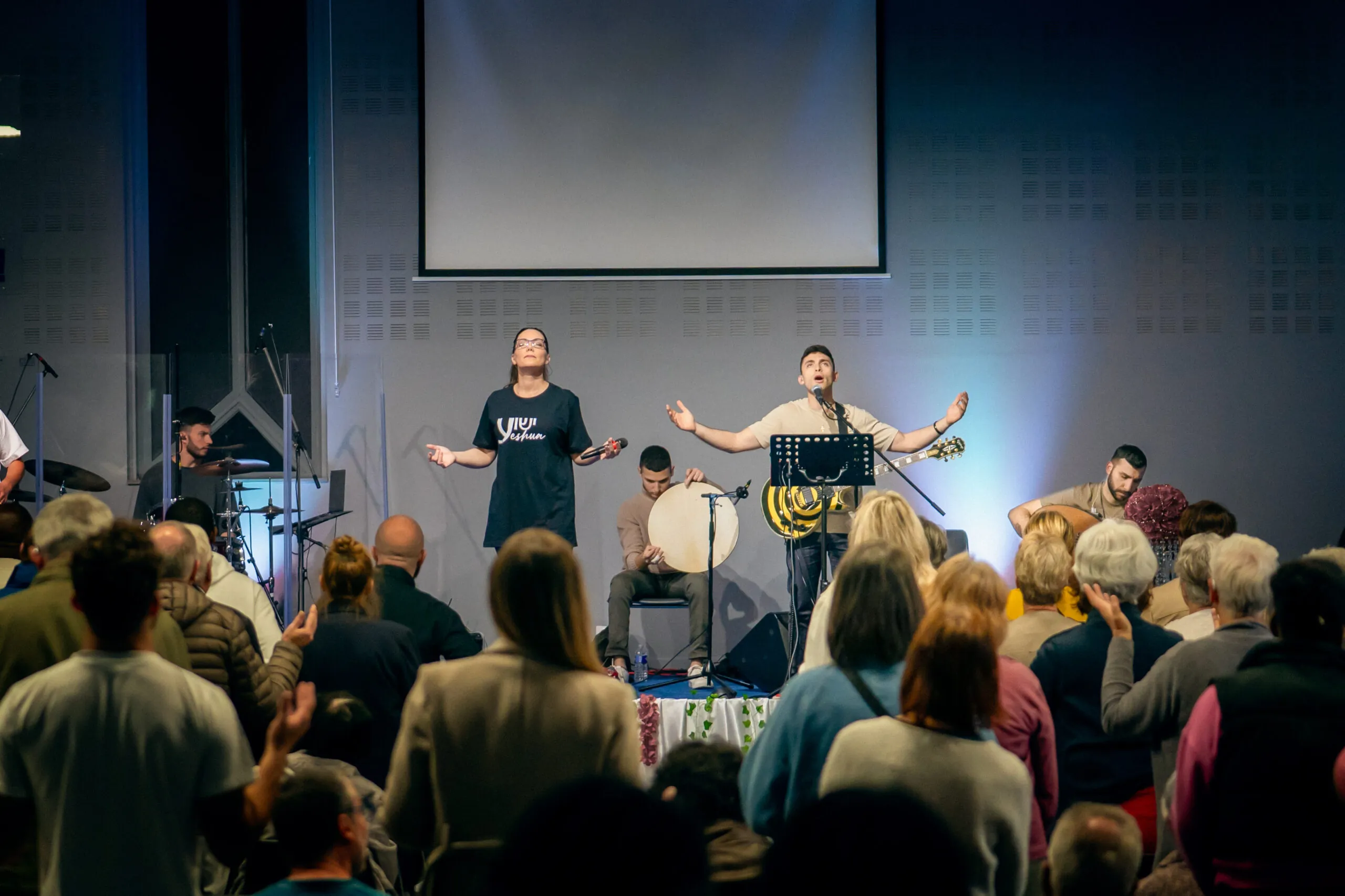
Israel and Ishmael Tour Mission
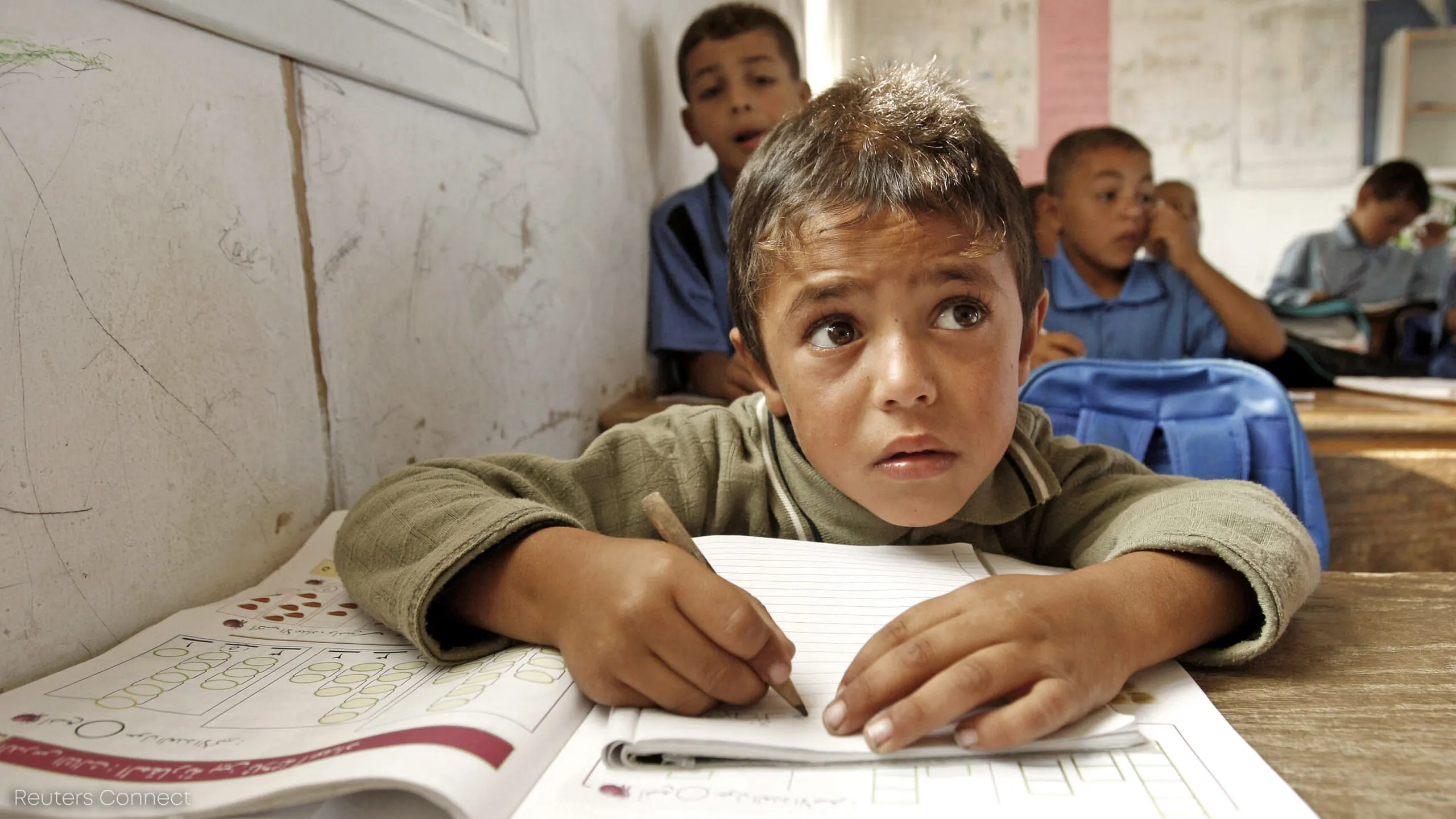
No Child Left Behind
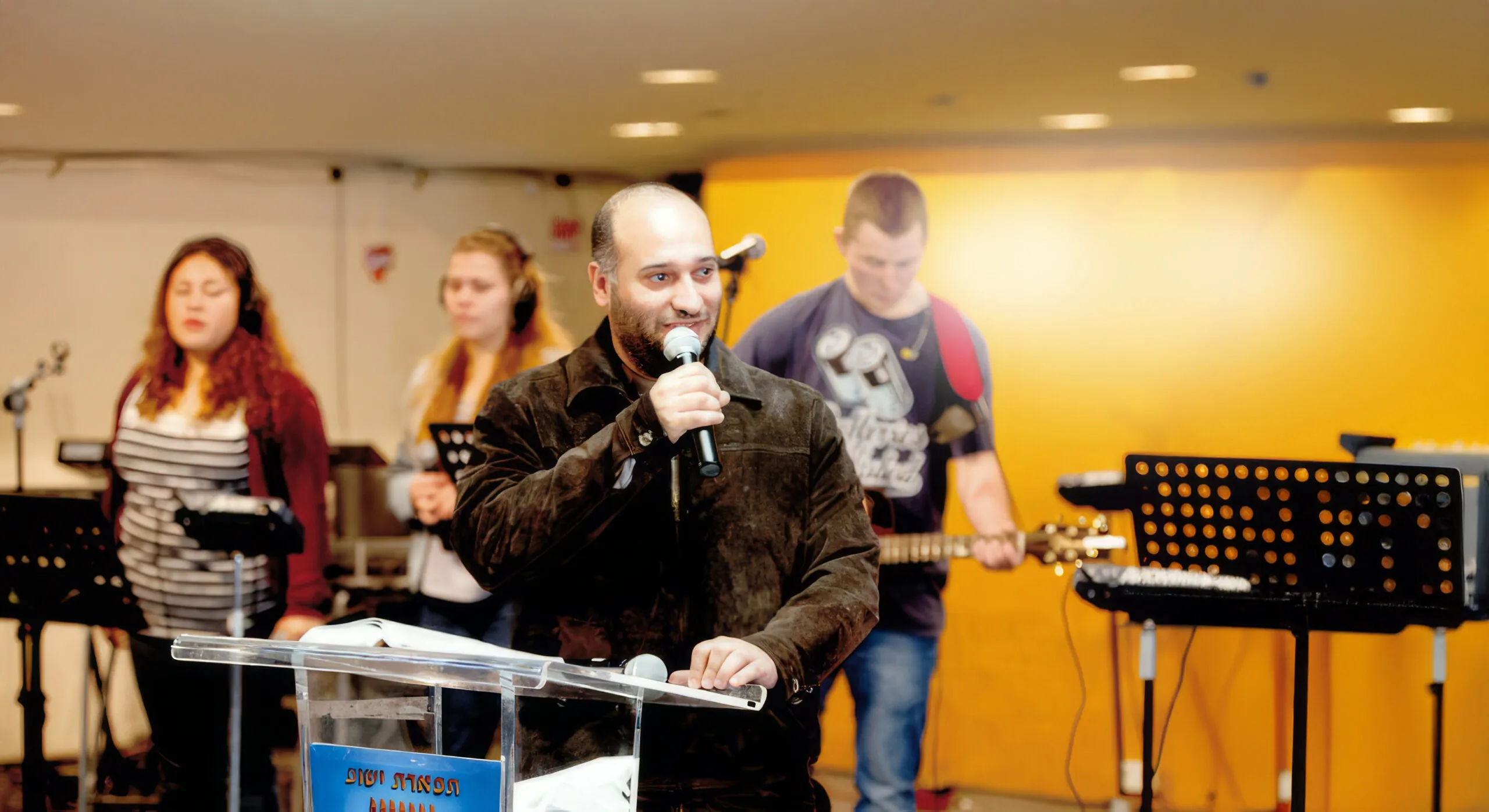
Israel’s First Indigenous Pastor?
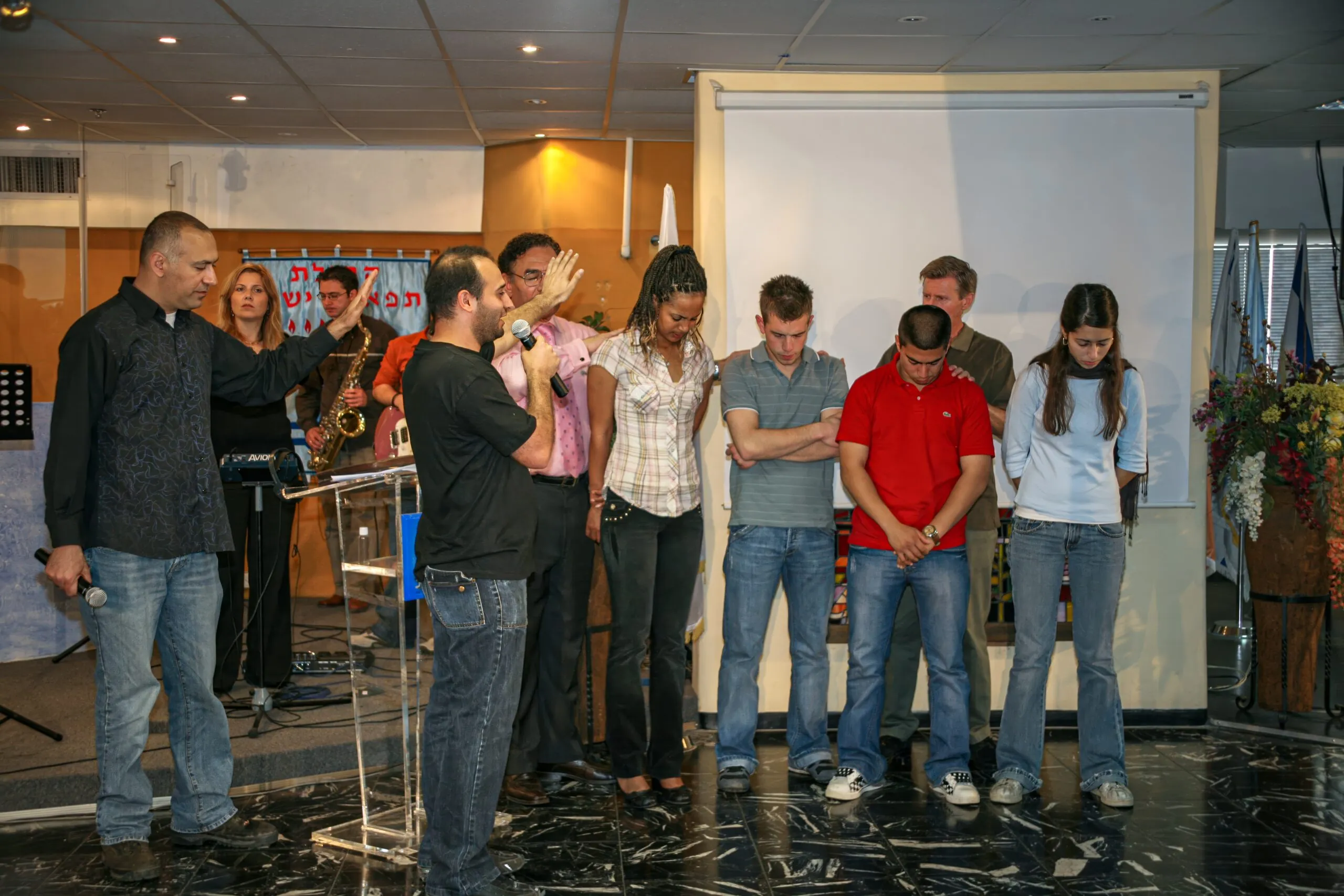
Rooted and Rising in Israel
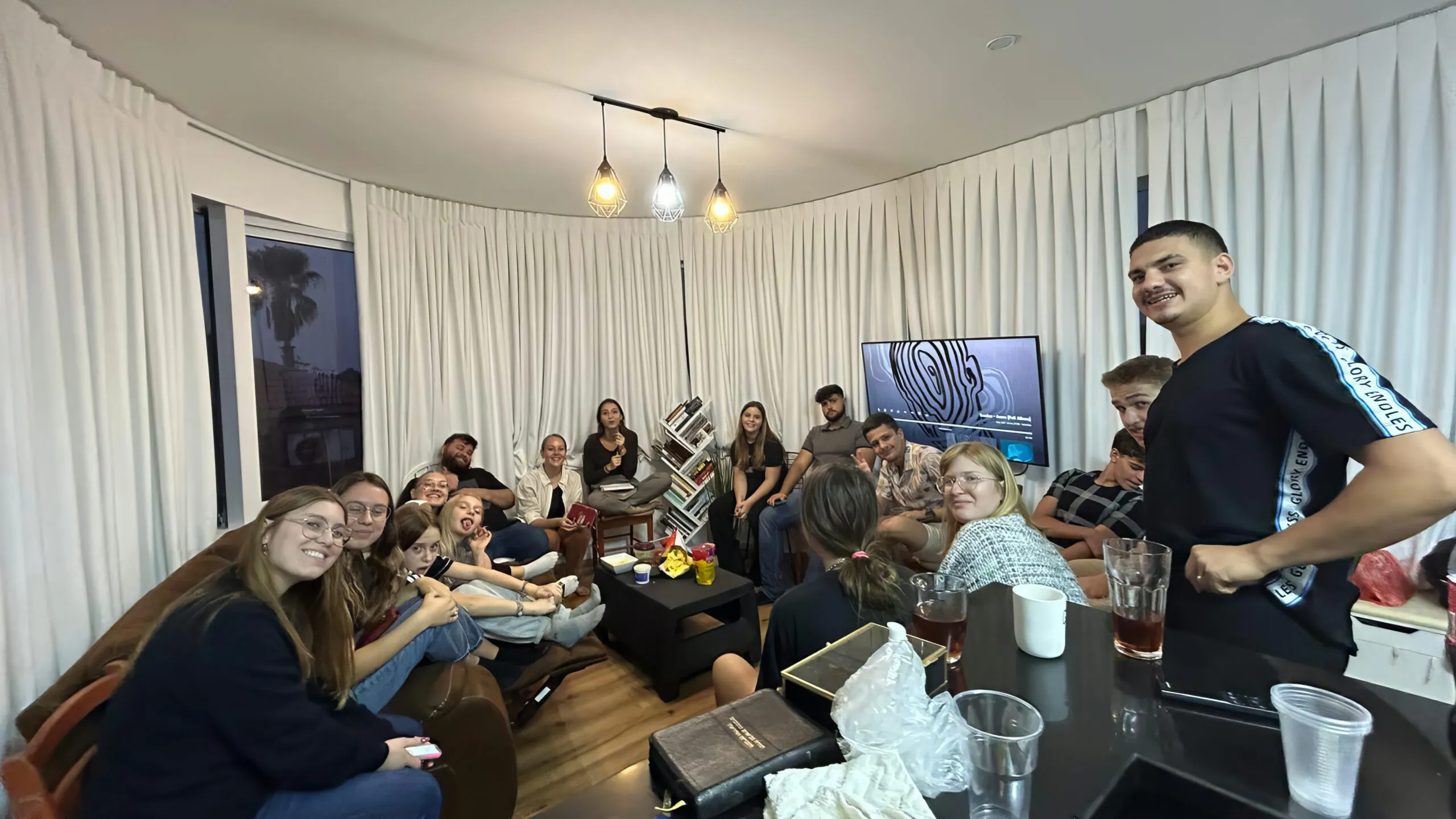
A New Generation Rises
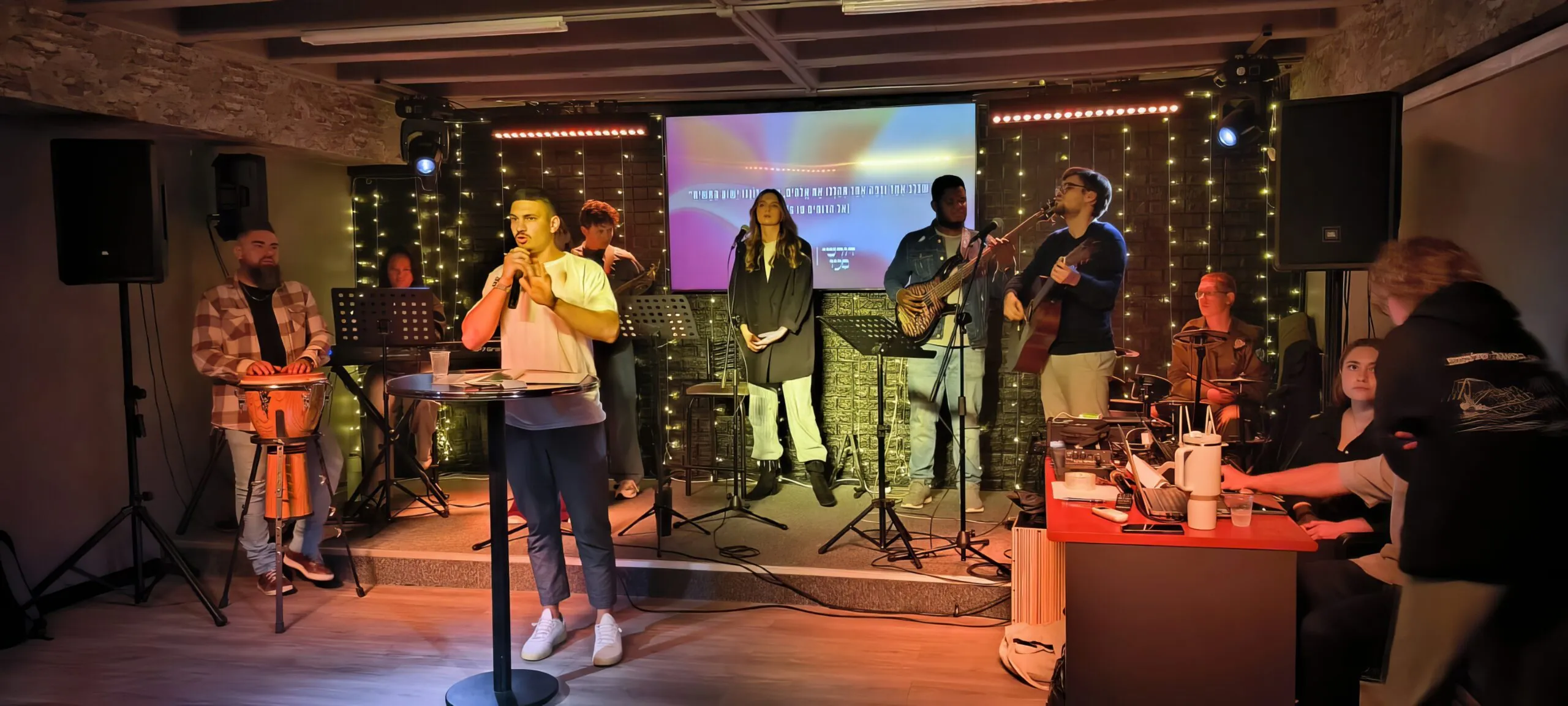
Leaders in the Making

Free Gaza

Bringing Light Beyond Borders
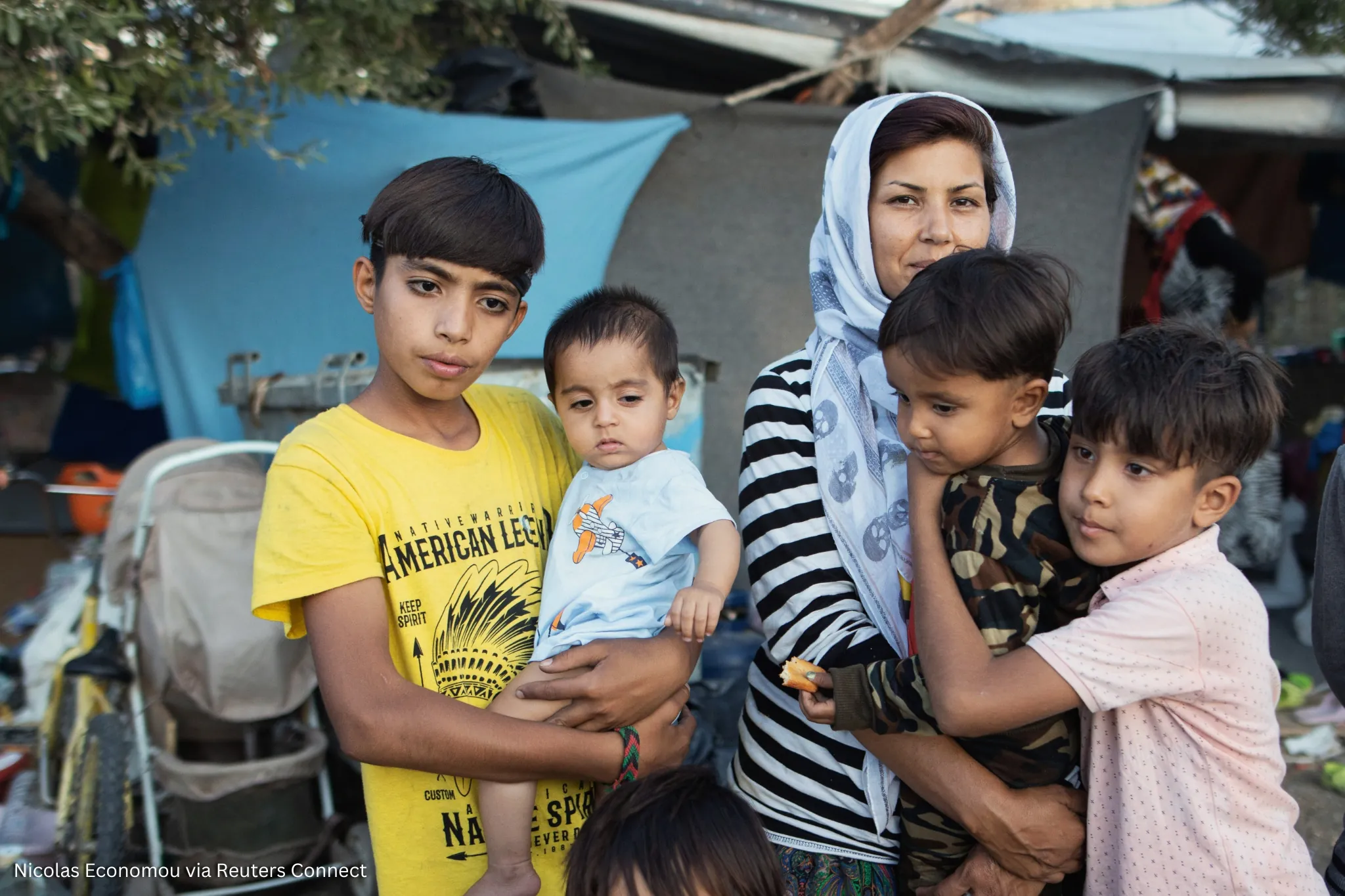
From Crisis to Christ
